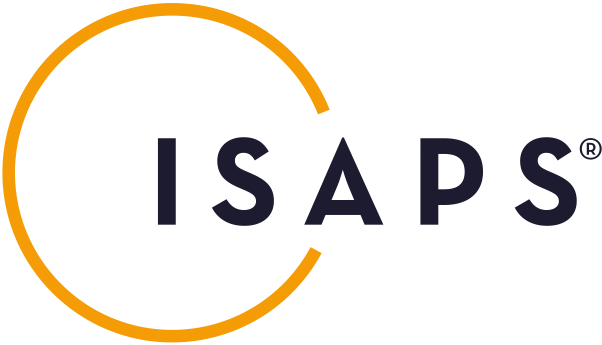
Correction of Prominent Ears (Otoplasty)
Correction of prominent ears (Otoplasty) is designed to correct protruding ears (also colloquially referred to a “bat ears”. It is one of the few cosmetic surgeries performed on children and adolescents. Many adults also seek prominent ear correction.
“Pinning back” prominent ears is carried out under general anaesthesia (children) or local anaesthetic. This operation reduces the prominence of and corrects any asymmetry between the ears. As commonly performed in the UK the incision is placed in the natural crease behind the ear (to hide it), the cartilage is then weakened by scoring it so that it bends into a new shape. The cartilage is stitched into position to hold the ear in place. The new unobtrusive shape is maintained by internal stitches and an external bandage. Normal hearing is not affected by this procedure.
The size of the ear is generally not reduced. The aim of prominent ear correction is to produce natural looking ears which are not overcorrected and do not draw attention to themselves. It is a consistently effective operation with minimal drawbacks.
To view Professor Malata’s publications on cosmetic surgery of the ear click here
Risks and complications of prominent ear correction
As in any cosmetic surgery, there are risks as well as benefits and the final results are not guaranteed. The chance of complications following otoplasty depends on the exact type of operation needed and other factors such as your general health, drug intake, etc. Professor Malata will explain how the risks apply to you. Detailed postoperative instructions will be discussed during consultation and a procedure-specific handout given to you by Professor Malata.
Some risks of prominent ear correction
Frequent
-
bruising and swelling: common
-
numbness, cold sensitivity
-
mild residual asymmetry
Infrequent
-
bleeding (haematoma): uncommon
-
infection: rare
-
incomplete improvement
-
delayed healing
-
skin necrosis/ skin blistering (children)
-
unsightly scarring - infrequent
-
scar hypertrophy or keloid formation
-
need for revisional surgery
-
overcorrected ears
WHAT YOU NEED TO KNOW (Otoplasty)
LENGTH OF SURGERY
1 hour
ANAESTHESIA
Local, general or LA with sedation
NO. OF NIGHTS IN HOSPITAL
0 - 1 night
RECOVERY
5 - 10 days until socialising with close friends and family
2 weeks until return to work and normal social engagements
3 - 4 weeks until bruising and most swelling disappeared
4 – 6 weeks until return to PE and other strenuous activities
12 weeks wearing supportive head band at night
12 weeks until final result
DURATION OF RESULTS
Permanent
To find out more or make an appointment please contact Prof Malata's Secretary on 07455839093 or malatapractice@gmail.com




